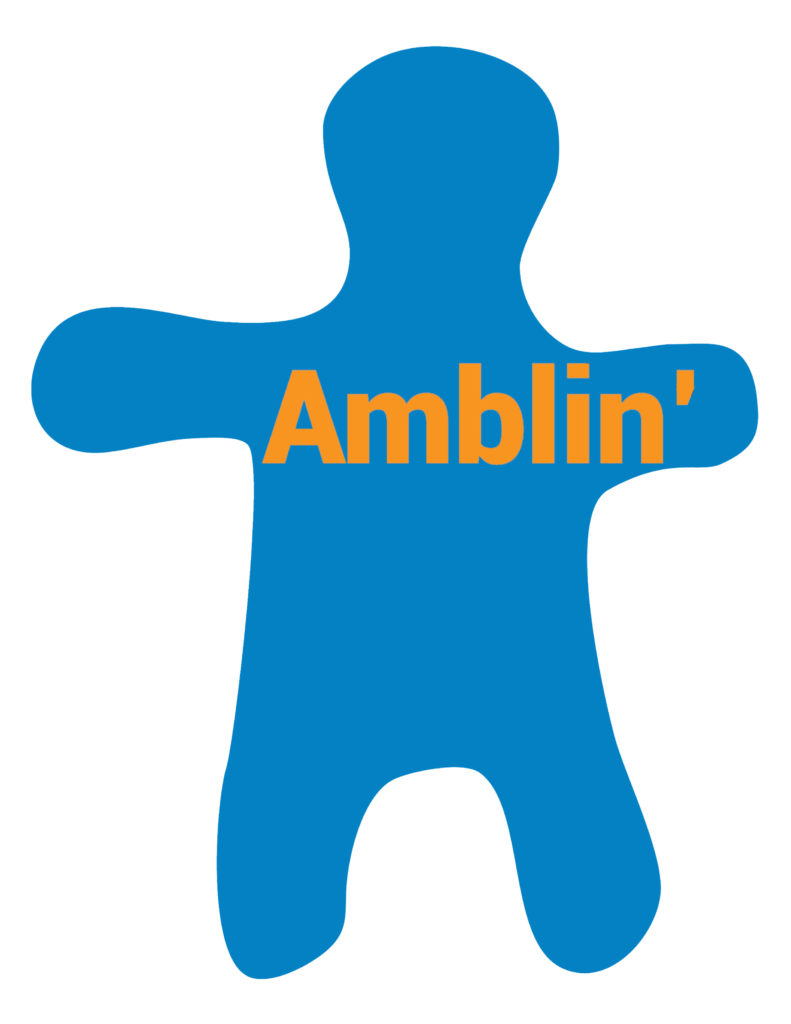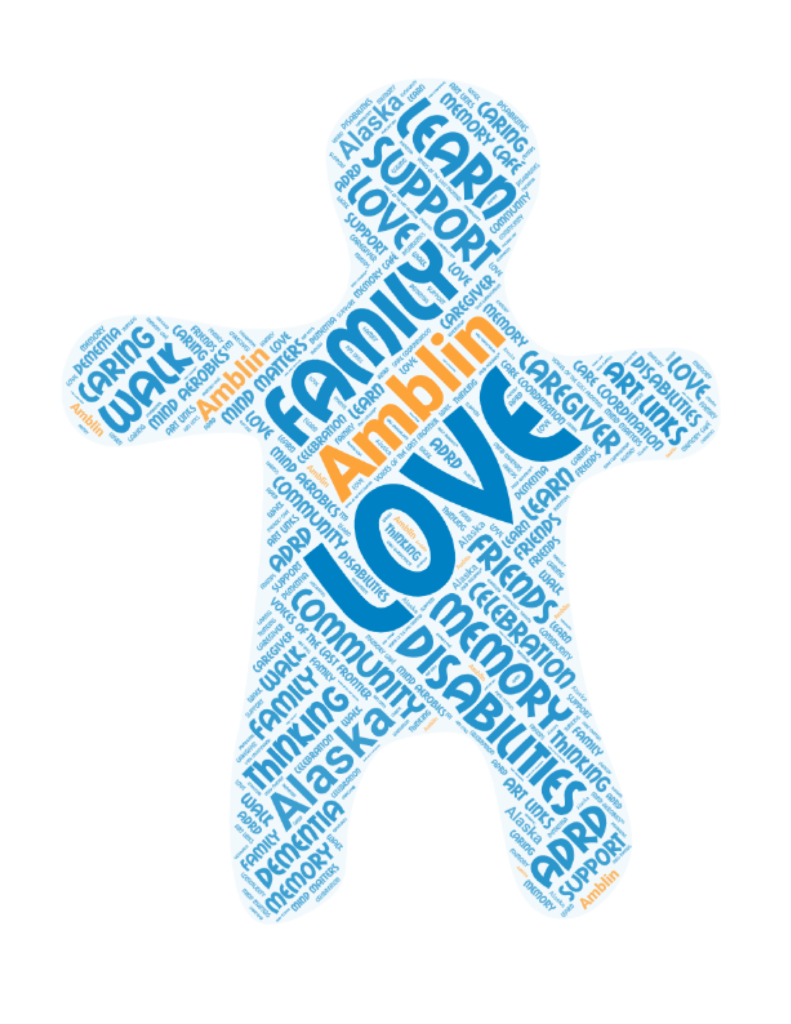Jump to:
What is dementia?
Dementia is a continuous loss of cognitive abilities in two or more areas such as memory, language, visual and spatial abilities, or judgment, severe enough to interfere with daily life. A decline in thinking, behavioral and social skills that affects a person’s ability to function independently.
Dementia itself is not a disease but a broader set of symptoms that accompany certain diseases or physical conditions.
Well‐known diseases that cause irreversible dementia include Alzheimer’s disease, Vascular dementia, Parkinson’s disease, Lewy Body dementia, and Frontotemporal dementia. There are other irreversible brain diseases such as Creutzfeldt-Jakob, that are quite rare. We now know that some people may develop more than one type of dementia.
Other physical conditions may cause or mimic dementia, such as depression, brain tumors, head injuries, nutritional deficiencies, hydrocephalus, infections (AIDS, meningitis, syphilis), drug reactions, and thyroid problems.
Individuals experiencing dementia‐like symptoms should undergo diagnostic testing as soon as possible. An early and accurate diagnosis helps to identify reversible conditions, gives patients a greater chance of benefiting from existing treatments, and allows both patients and their families more time to plan for the future.
See also: ![]() Diagnosis
Diagnosis
Alzheimer’s disease
Alzheimer’s disease (AD) is the most recognized cause of dementia, affecting as many as 6-million Americans. AD is a degenerative disease that attacks the brain, begins gradually, and progresses at a variable rate.
AD results in impaired memory, thinking, judgment and behavior and make take anywhere from 3 to 20 years to progress through all of the stages, from the time of onset of symptoms.
Warning signs of AD are memory loss that affects job/home skills, difficulty performing familiar tasks, problems finding the right words, disorientation as to time and place, poor or decreased judgment, difficulty with learning and abstract thinking, placing things in inappropriate places, changes in mood and personality, and marked loss of initiative.
In the last stage of AD, patients are unable to take care of themselves.
Recent research has shown links between particular genes and Alzheimer’s disease, but in about 99% of AD cases, there is no clear genetic link. With the help of standardized diagnostic criteria, physicians can now diagnose AD with an accuracy of 90‐95% once symptoms occur.
However, a definitive diagnosis of Alzheimer’s disease is only possible through the examination of brain tissue at autopsy.
While there is no know absolute prevention of Alzheimer’s, there are things one can do to potentially minimize the symptoms of dementia.
See also: ![]() Alzheimer’s Disease – What We Know
Alzheimer’s Disease – What We Know
Vascular dementia
Vascular dementia or multi‐infarct dementia (MID), is a deterioration of mental capacity caused by multiple strokes (infarcts) in the brain.
These events may be described as mini-strokes, where small blood vessels in the brain become blocked by blood clots, causing the destruction of brain tissue.
The onset may seem relatively sudden, as it may take several strokes for symptoms to appear. These strokes may damage areas of the brain responsible for a specific function as well as produce general symptoms of dementia. As a result, vascular dementia is sometimes misdiagnosed as Alzheimer’s disease.
Vascular dementia is not reversible or curable, but detection of high blood pressure and other vascular risk factors can lead to a specific treatment that may modify its progression.
Vascular dementia is usually diagnosed through neurological examination and brain scanning techniques, such as computerized tomography (CT) scan or magnetic resonance imaging (MRI).
Parkinson’s disease
Parkinson’s disease (PD) is a progressive disorder of the central nervous system that affects over one million Americans.
In PD certain brain cells deteriorate for reasons not yet known. These cells produce a substance called dopamine, which helps control muscle activity.
PD is often characterized by tremors, stiffness in limbs and joints, speech difficulties, and difficulty initiating physical movement. Late in the course of the disease, some patients develop dementia and eventually Lewy Body disease. Conversely, some Alzheimer’s patients develop symptoms of Parkinson’s disease.
Medications such as levodopa, which converts to dopamine inside the brain, and deprenyl, which prevents degeneration of dopamine-containing brain cells, are used to improve diminished or reduced motor symptoms in people living with PD but do not correct the mental changes that occur.
Lewy Body Dementia
Lewy Body dementia (LBD) is a disease in which abnormal protein deposits develop in the brain called Lewy Bodies.
Many symptoms of LBD are also similar to Alzheimer’s symptoms and include memory loss, confusion, and difficulty communicating. Unlike AD there is a higher genetic percentage component.
Hallucinations and paranoia also may become apparent in the earlier stages of the disease and often last throughout the disease process. Although initial symptoms of LBD may be mild, affected individuals eventually develop severe cognitive impairment.
At this time, there is no treatment available for Lewy Body dementia.
Frontotemporal dementia
Frontotemporal dementia (FTD) is an umbrella term for a group of uncommon brain disorders that primarily affect the frontal and temporal areas of the brain.
Signs and symptoms vary depending on which part of the brain is affected. Some people with FTD have dramatic changes in their personality, and experience behavior and language changes which makes it difficult for them to socialize with others. They may become impulsive or socially inappropriate.
These diseases usually occur between the ages of 40 to 60, making FTD’s the most common form of early-onset dementia. FTD’s are rarer than Alzheimer’s disease and may progress more rapidly.
Symptoms may appear similar to AD, including loss of language abilities, impulse control, and the ability to recognize objects and people.
Initial diagnosis of these diseases include family history, symptoms, testing, and ruling out other types of dementia. FTD’s are often misdiagnosed as mental health problems or AD.
A definitive diagnosis is usually only obtained upon autopsy.
Creutzfeldt-Jakob Disease
Creutzfeldt‐Jakob disease (CJD) is an extremely rare, fatal brain disorder that causes rapid, progressive dementia and other neuromuscular disturbances.
CJD is caused by a transmissible agent. Research suggests that the agent differs significantly from viruses and other conventional agents. The disease can be inherited, but the majority of cases are not.
Early symptoms of CJD include failing memory, changes in behavior, and lack of coordination.
As the disease advances, usually, very rapidly, mental deterioration becomes pronounced, involuntary movements (especially muscle jerks) appear, and the person living with CJD experiences severe difficulty with sight, muscular energy, and coordination.
Like Alzheimer’s disease, a definitive diagnosis of CJD can only be obtained through examination of brain tissue at autopsy.
How we can help
- Individual and family consultations.
- Caregiver support groups by telephone or video conference (a great way to learn about local resources)
- Community Resource Guides or setup a consultation for further community referrals.
- Brochures and handouts
- Lending library and recommended books/videos/websites
- Educational programs, seminars and state-wide webinars on relieving stress for caregivers, family consultations, financial and legal planning, and Savvy Caregiving and more.
- Printable Fact Sheets
- Care coordination services
- Assistance to find respite services, chore services, or consumer-directed personal care attendant services.
- Mini-grant funds for items that will help your loved one
Related Resources
Alzheimer’s and Dementia Info Pages
- 10 Steps in Planning for the Future
- 10 Warning Signs
- About Alzheimer’s Disease
- About ADRD
- Activities for Adults with Dementia
- Assisted Living Homes
- Caregiver Checklist
- Combativeness
- Communication Tips
- Diagnosis
- Dining & Dementia
- Driving and Dementia
- Introducing Services
- Treatment & Medications
- Medications & Dementia
- Normal Aging vs. Alzheimer’s
- Prevention
- Strategies for Wandering
- Stages and Symptoms
- Talking with Children about Alzheimer’s
- Traveling with Alzheimer’s
Upcoming ADRD classes
There are no upcoming events at this time
 Make a Payment
Make a Payment



